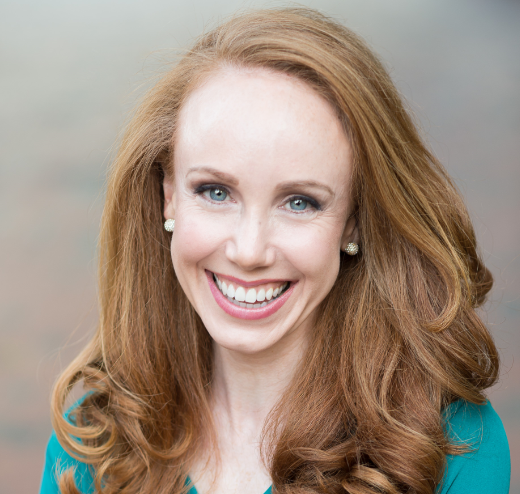
K. Sabeel Rahman
Professor of Law, Cornell Law School, and Co-Founder, Law and Political Economy Project
Washington, DC
Experience
- Office of Information and Regulatory Affairs, Office of Management and Budget
- Demos
- Roosevelt Institute
Expertise
- Democracy and governance
- Regulatory and industrial policy
- Constitutional law and the Supreme Court
Education
- Harvard University, Ph.D., J.D., A.B.
- Oxford University, M.S., M.St.
Interested in speaking with K. Sabeel Rahman?
About Sabeel
K. Sabeel Rahman is a Professor of Law at Cornell Law School. His academic research focuses on issues of democracy, governance, economic power, political economy paradigms, racial equity, and inequality. He works extensively with a range of think tanks, advocacy organizations, and foundations to develop novel approaches to addressing these issues in practice.
From 2021-2023, he served in the Biden-Harris Administration where he led the Office of Information and Regulatory Affairs (OIRA). At OIRA, he oversaw the policy review and approval of all significant federal regulations and played a lead role in the Administration’s efforts on equity, data and information policy, and reforming regulatory analysis. From 2018-2021, he served as President of Demos, a national racial justice think tank and advocacy organization that played a key role in combatting voter suppression and developing and mainstreaming major policy ideas from climate justice to student debt relief to energy democracy. He also co-founded the Law and Political Economy Project.
He is the author Democracy Against Domination (Oxford University Press, 2017), and Civic Power (with Hollie Russon Gillman, Cambridge University Press, 2019). His popular writings have appeared in venues like The Atlantic, The New Republic, The Boston Review, Dissent, and The Washington Post.


